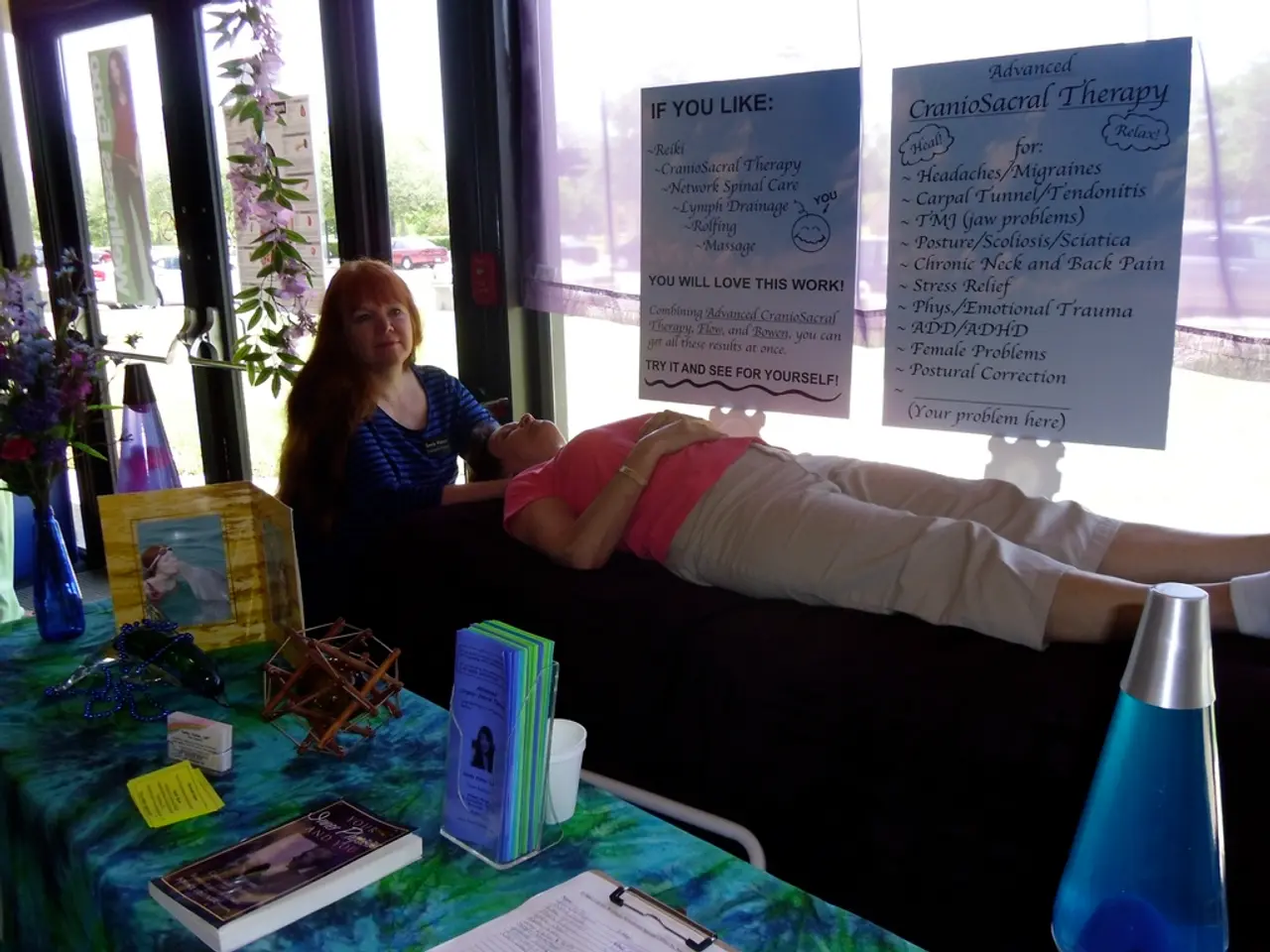Essential Stages of Development for Infants and Children in Nigeria
In the critical stage of toddlerhood, parents in Nigeria play a significant role in supporting their child's growth and development. Understanding the key milestones and implementing supportive strategies can help toddlers thrive during this period.
## Developmental Milestones
### Language Development
Toddlers aged 1-3 years experience rapid language development. At around 13-18 months, they start using their first words and begin combining two-word phrases. By 18-36 months, they progress to using simple sentences and begin combining two to three words. Pointing is also a significant milestone in language development, often observed around 9-12 months.
### Cognitive Growth
Cognitive growth in toddlers includes understanding cause and effect and object permanence. Toddlers begin to understand that their actions have consequences, such as making a sound when pressing a button, and learn that objects continue to exist even when out of sight.
### Motor Skills
Toddlers improve in gross motor skills such as walking, running, and climbing, while developing fine motor skills and hand-eye coordination. They begin to use their fingers more precisely for tasks like pointing.
### Visual Development
Toddlers are attracted to high-contrast images like black, white, and red, which aid in visual development.
## Supporting Growth
### Encourage Language
Parents can model pointing, use interactive toys to encourage early words and requests, and engage in story time with repetitive lines to build sentence structure and memory.
### Foster Cognitive Growth
Interactive play that emphasizes cause and effect, such as using musical buttons or spinning tops, and visual stimulation using high-contrast images and simple shapes can help stimulate cognitive development.
### Enhance Motor Skills
Providing opportunities for reaching and grasping practice, improving hand-eye coordination, and ensuring a safe environment for physical activities allows toddlers to explore and develop their motor skills.
### Emotional Support
Positive communication and interaction, validating a toddler's efforts and interests, is essential for emotional support during this stage. Offering words of affirmation and encouragement when a child accomplishes a new milestone is important. Planning a fun activity or outing to celebrate a child's achievements is a good idea.
By focusing on these developmental areas and using supportive strategies, parents can help their toddlers grow and thrive during this critical stage. Consistent tracking and open communication with healthcare professionals ensure children receive the support they need, and early detection of developmental delays can lead to early intervention and support. Parents should remember that each child's development is unique, with some children reaching milestones early and others progressing at their own pace.
- Parenting during the toddler stage in Nigeria significantly impacts child development, contributing to language, cognitive, motor, and visual skills.
- In language development, toddlers learn their first words and combine two-word phrases at 13-18 months, progressing to using simple sentences and three-word combinations by 18-36 months.
- Cognitive growth in toddlers includes understanding cause and effect, as well as object permanence, where they realize objects continue to exist even when out of sight.
- Toddlers enhance their motor skills by walking, running, climbing, and improving hand-eye coordination, making precise movements with their fingers.
- High-contrast images like black, white, and red aid in toddlers' visual development.
- Parents can encourage language by modeling pointing, using interactive toys, engaging in story time, and building sentence structure.
- Cognitive growth can be fostered through interactive play emphasizing cause and effect, visual stimulation using high-contrast images and simple shapes.
- Enhancing motor skills involves providing opportunities for reaching and grasping practice, improving hand-eye coordination, and ensuring a safe environment for physical activities.
- Emotional support is crucial, provided through positive communication, validating efforts, offering words of affirmation, and celebrating achievements, with planning fun activities or outings to acknowledge milestones.




